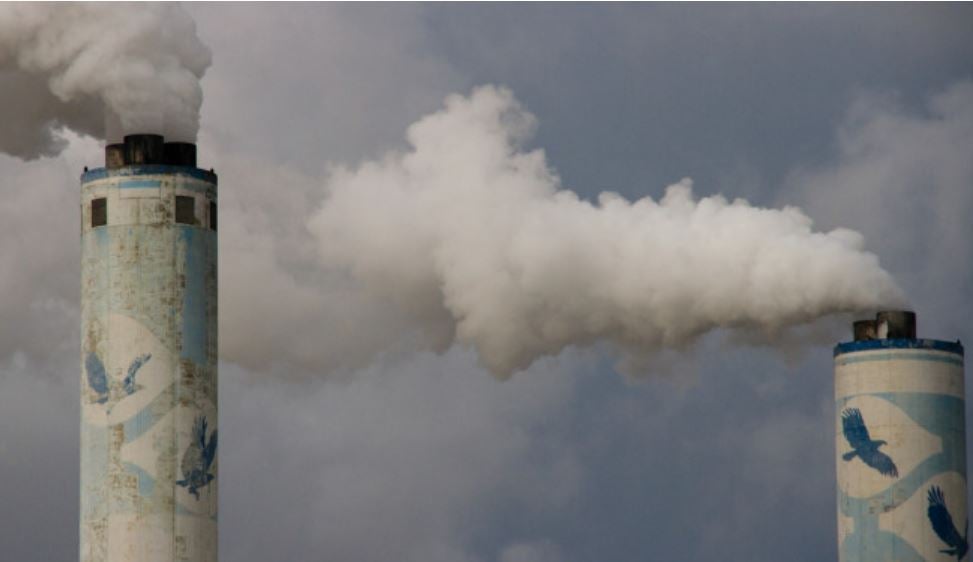
Australia remains committed to an energy mix without nuclear, according to Australia’s minister for climate change and energy.
“Wherever you look, there’s issues from our point of view with nuclear energy,” Chris Bowen told CNBC on the sidelines of the G20 energy ministers meeting taking place this week in Goa, India.
Australia has never had a nuclear power industry, Bowen said, and to develop one would be like starting from “worse than scratch”.
“I’m not here to tell other countries what to do. Nuclear plays a role in various countries’ mix, but in Australia, it never has,” he added.
The construction of nuclear power stations is banned in every state of Australia following the introduction of the 1983 Nuclear Activities Prohibition Act.
Nuclear generation is also expensive and produces waste, Bowen added on Saturday.
Australia has been trying to reduce its dependence on coal in line with emissions reduction targets. Natural gas is being used to cover a large proportion of this demand. In 2021, 71% of Australia’s energy mix came from fossil fuels including 18% from natural gas.
The Australian Greens party has criticised the current government’s depiction of natural gas as a low-carbon energy source and is calling on the federal government to adopt more accurate terminology.
“We are in the middle of a climate crisis. Currently, our national gas laws allow fossil fuel companies to market ‘natural gas’ as a sustainable alternative to other energy sources,” said Shane Rattenbury, Attorney General with the Greens, in a statement.
“In reality, so-called ‘natural gas’ is a fossil fuel that is still extremely detrimental to our environment, inevitably hastening the devastating impacts of climate change,” he said last month.
Renewables in Australia
The Australian Government has set a target for 82% of its electricity to come from renewables by 2030, compared with 27% today. According to the International Energy Agency, “power sector decarbonisation efforts need to be stepped up considerably” in Australia.
Environmentalists in Australia have been left disappointed in recent months as the Albanese government approved several thermal coal mines, despite being elected on promises of greater renewables generation. The government did shut down others including Liddell Power Station in April.
Bowen says that the government remains committed to renewables. “For those countries that are blessed with abundant renewables, harnessing those renewables, increasing their share of our energy mix and then exporting as much as possible in due course is vital for national security as well,” he told CNBC.
The Australian Government’s A$25bn ($17bn) Powering Australia plan seeks to support energy transition technology development in the country.



